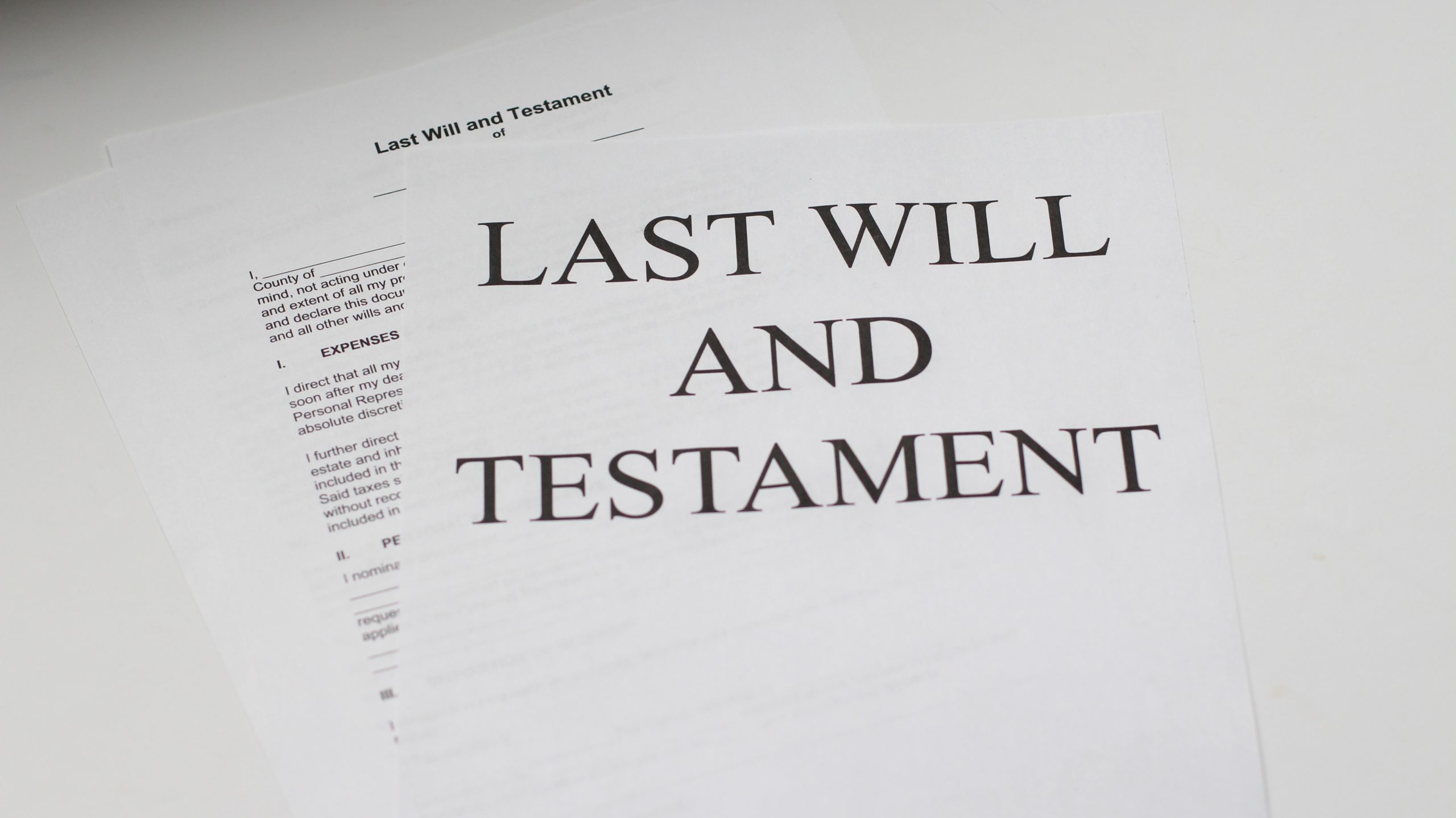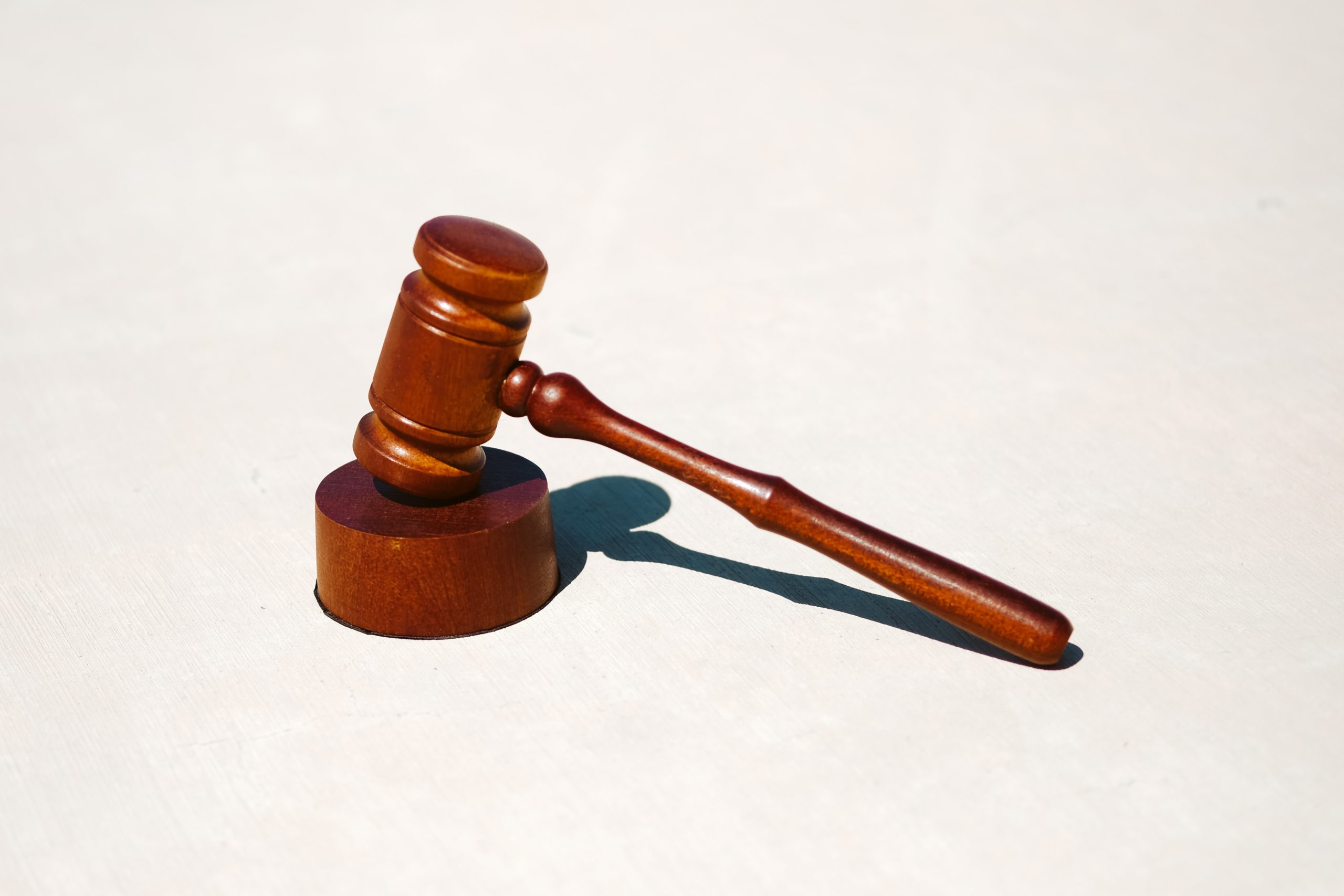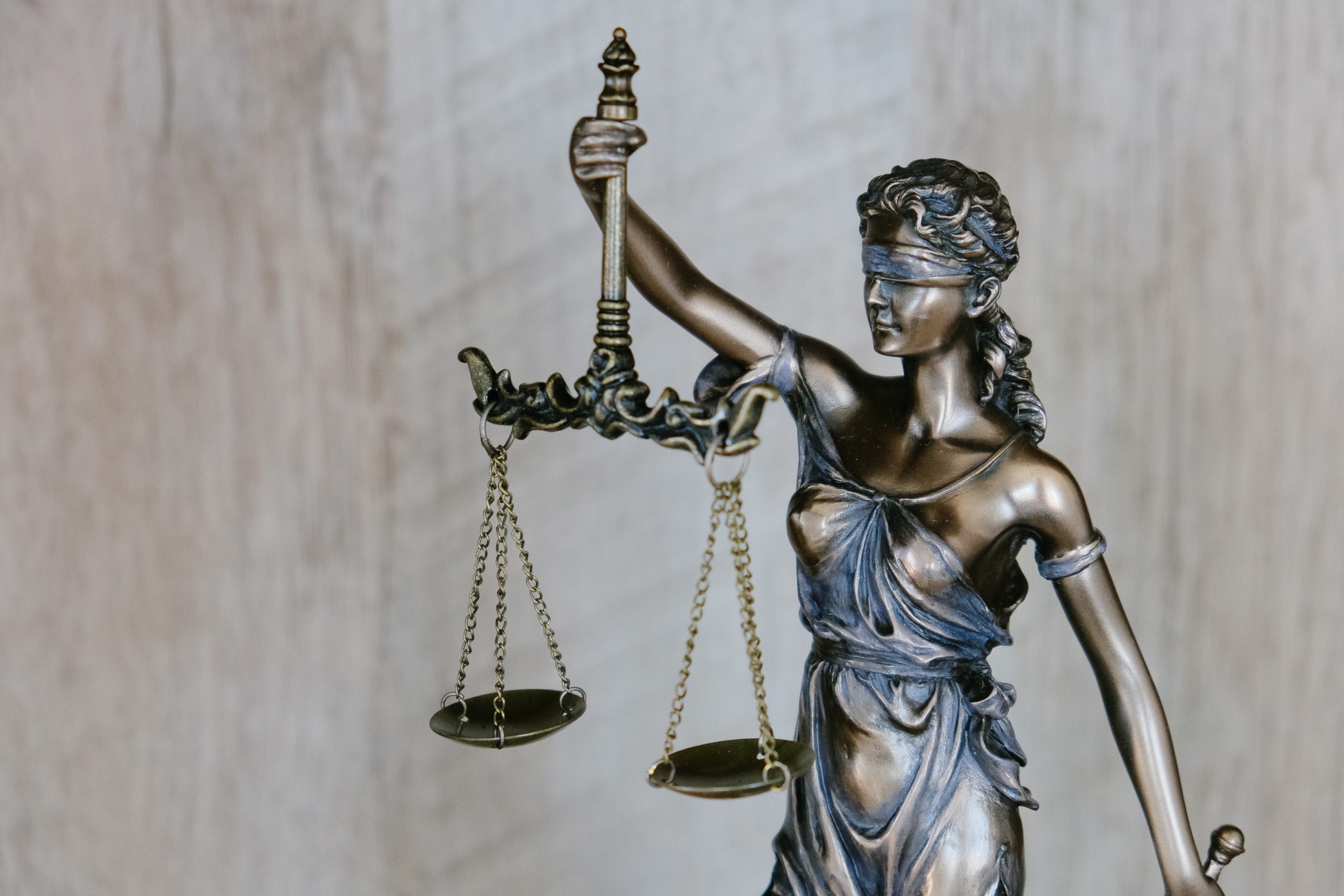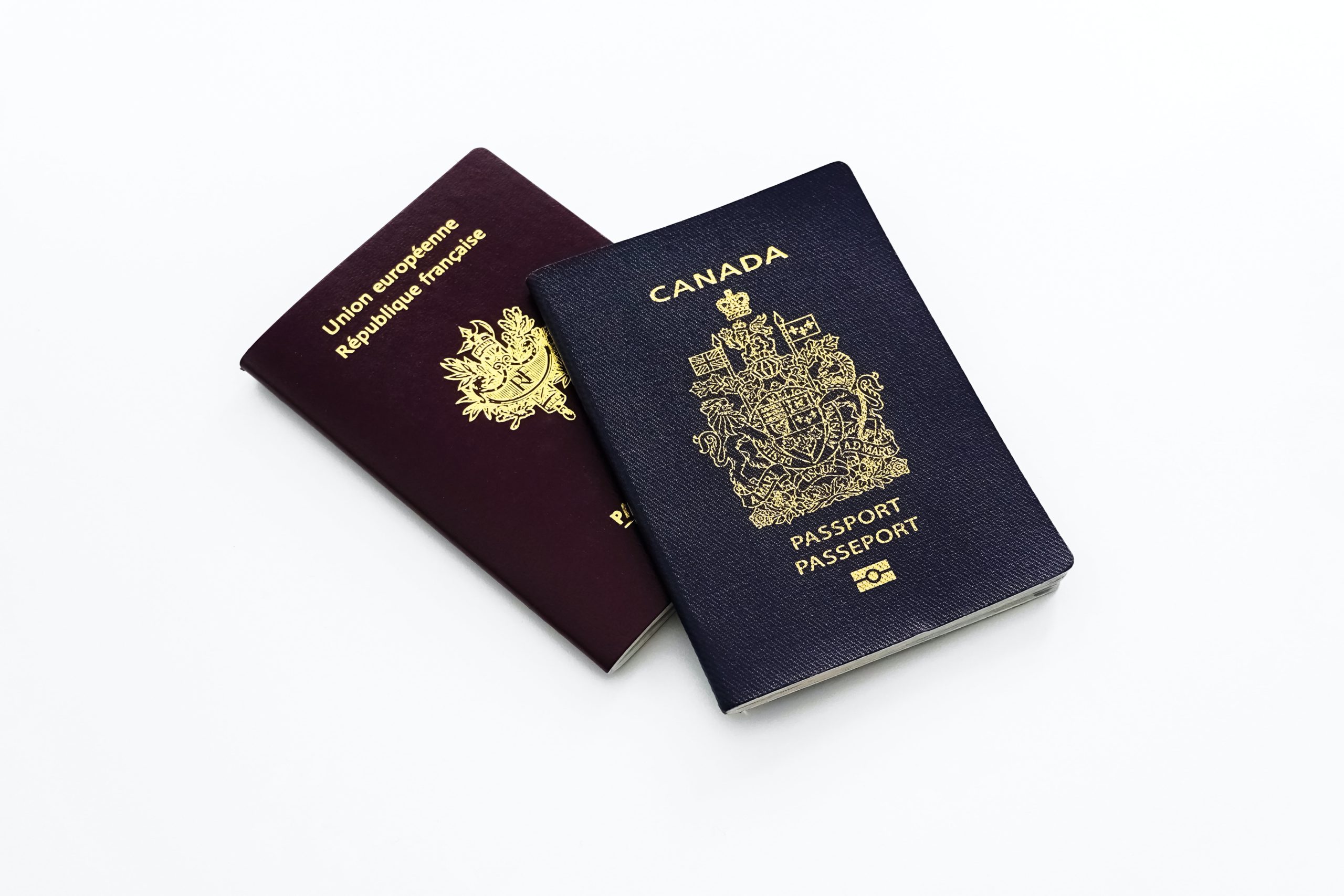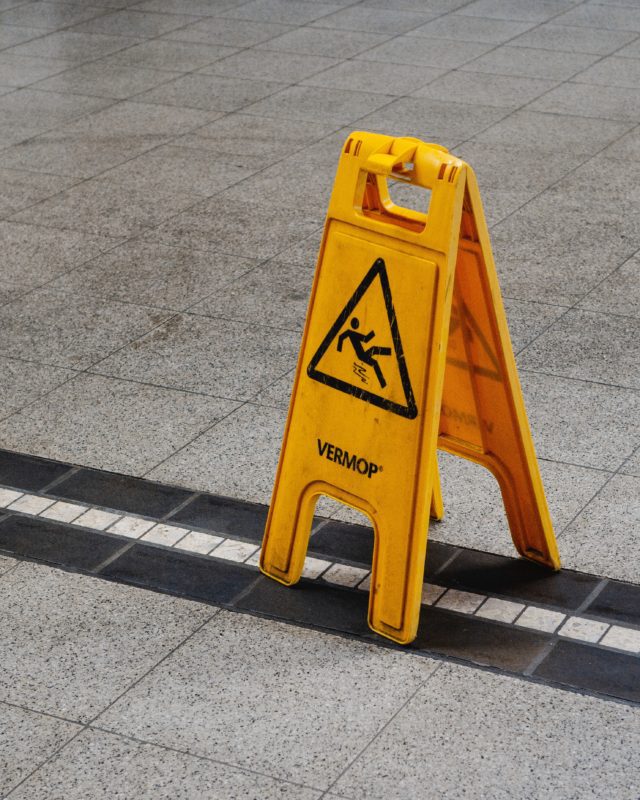Consider the following scenario
You’ve been hurt. You slipped and fell in the middle of winter, just as you were about to enter the store you planned on visiting that day. You have gone to the Emergency Department of the local hospital and were seen by a nurse and then the on-call physician. The physician assessed you and sent you down the hall to get an x-ray and, possibly, a CT or an MRI scan. This imaging reveals that the fall has torn your supraspinatus tendon in your shoulder. What does this mean? You ask and are told that you may experience some limitations in your shoulder function – your ability to move your arm around – and that you will be referred to a specialist for further assessments and possible medical intervention. You are also told that you may need surgery and, when you meet with the specialist, she agrees. All this because of a simple slip up while walking. We can keep going…
… but we’ll stop right here. For now.
No one wants to slip and fall
It’s a given that getting hurt is not a pleasant experience. No one wants to slip and fall. When someone else causes you to get hurt – and possibly causes you to have complicated surgeries or miss work – the law permits you to seek compensation for such injuries and losses. Being able to do something – i.e. suing for your losses – and being ultimately successful in what you are doing – i.e. your lawsuit – are not, however, the same thing. To be successful, using the above example, you will first need to figure who had care and control over the premises on which you slipped and fell. This is important because such party likely owes you a duty of care to take all such steps as are reasonable in the circumstances to keep you reasonably safe while you’re on their premises. You may also need to figure out if notice of the accident and its details must be provided to such party, as not providing such notice may prevent you from bringing a suit against that party. After that, you will need to prove, on a balance of probabilities, that the party who likely owed you a duty of care acted unreasonably (or below the standard the law expects of such party); and you will also need to prove that the injuries and impairments that you have sustained would likely not have “happened” absent (or but for) the substandard conduct complained of.
Why does it matter if your injuries and impairments would have “happened” in any event? It matters because the essential purpose – and most basic principle of negligence law, the law under which such lawsuits are typically brought – is that the injured party is put in the same position, often referred to as the “original position,” that the party would have been in any event, absent the negligence. Simply stated, this means that the damages that you can recover for the injuries that you have sustained cannot put you, ultimately, in a better position than you would have been in had the accident in question not happened. In other words, the law does not allow for you to be made better off.
This is all happening while you’re still recovering from your fall, or at least reasonably trying to, in accordance with the recommendations of your treating medical practitioners. Taking reasonable steps to promote recovery is equally important – the law expects you, the injured party, to reasonably mitigate your damages insofar as you can. If you do not, for example, attend medically-recommended physiotherapy sessions to improve your shoulder’s range of motion, you may find yourself having to defend against an argument (made by the defending party that you’ve sued) that your injuries could have been avoided, entirely or in part, had you done something about them.
To summarize, a plaintiff in a personal injury action must prove 5 things in order to succeed:
- the existence of a duty of care on the party you seek compensation from for your injuries vis-à-vis you, the injured party;
- the nature and particulars of the standard of care that the party you seek compensation from owes you;
- that the standard of care was breached in the circumstances;
- that the breach caused the injuries complained of; and
- as a result of the injury, you have suffered damages.
Seek legal assistance immediately
If you have been hurt (even aside from a slip and fall) as a result of someone else’s negligence and need help understanding your legal options and what steps you must take to seek fair and reasonable compensation for your injuries, we are here to help. We will listen to you and decide, with you, if your case is viable enough to pursue through the courts, a process that often takes years and that requires careful management at every step. Should we agree to take on your case, we will first try to fairly resolve it in as timely a manner as possible. If settlement is not possible, and a trial becomes an unavoidable necessity, we will take your case to trial and try it to the best of our abilities. While we cannot promise you that your case will succeed – in other words, there are no guarantees of success – we will act in your best interests throughout our retainer.
As always, do not construe the aforementioned overview as actual legal advice. It is not. For legal advice, please contact us directly to speak with one of our litigation lawyers.
Call for more info!

